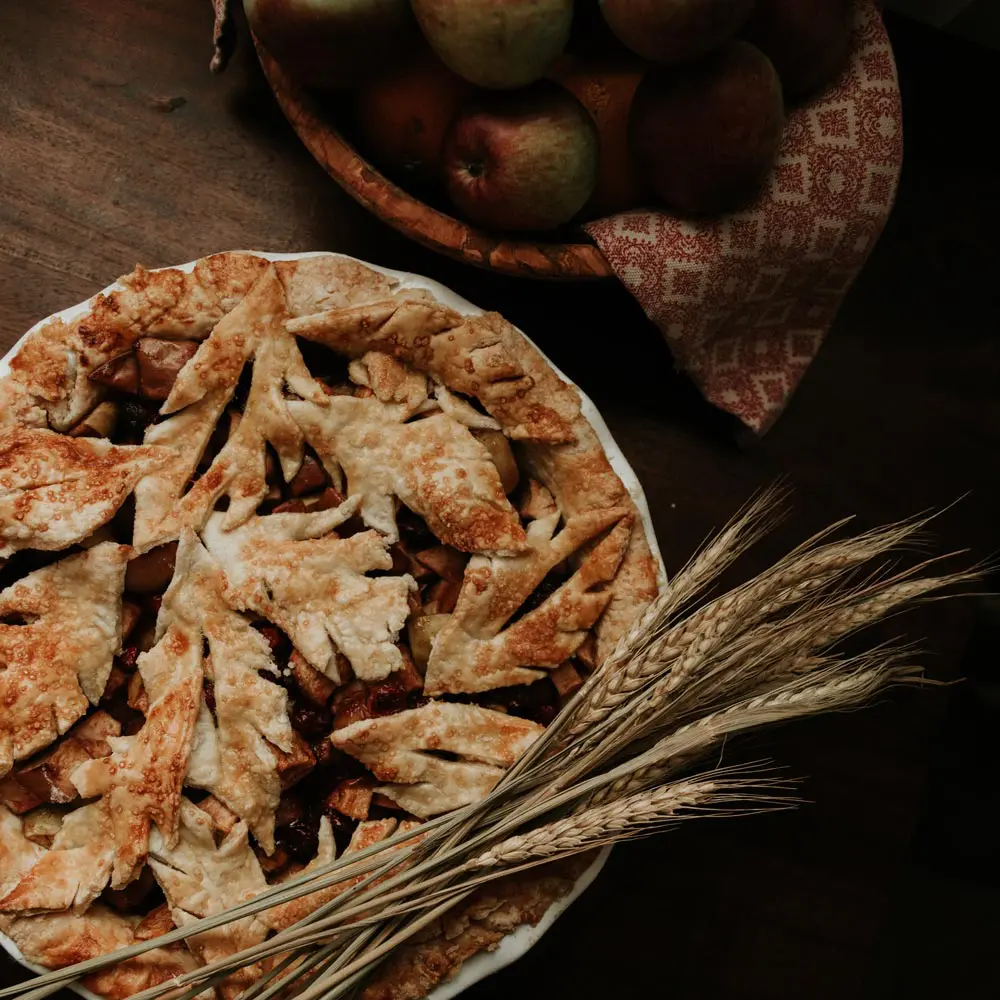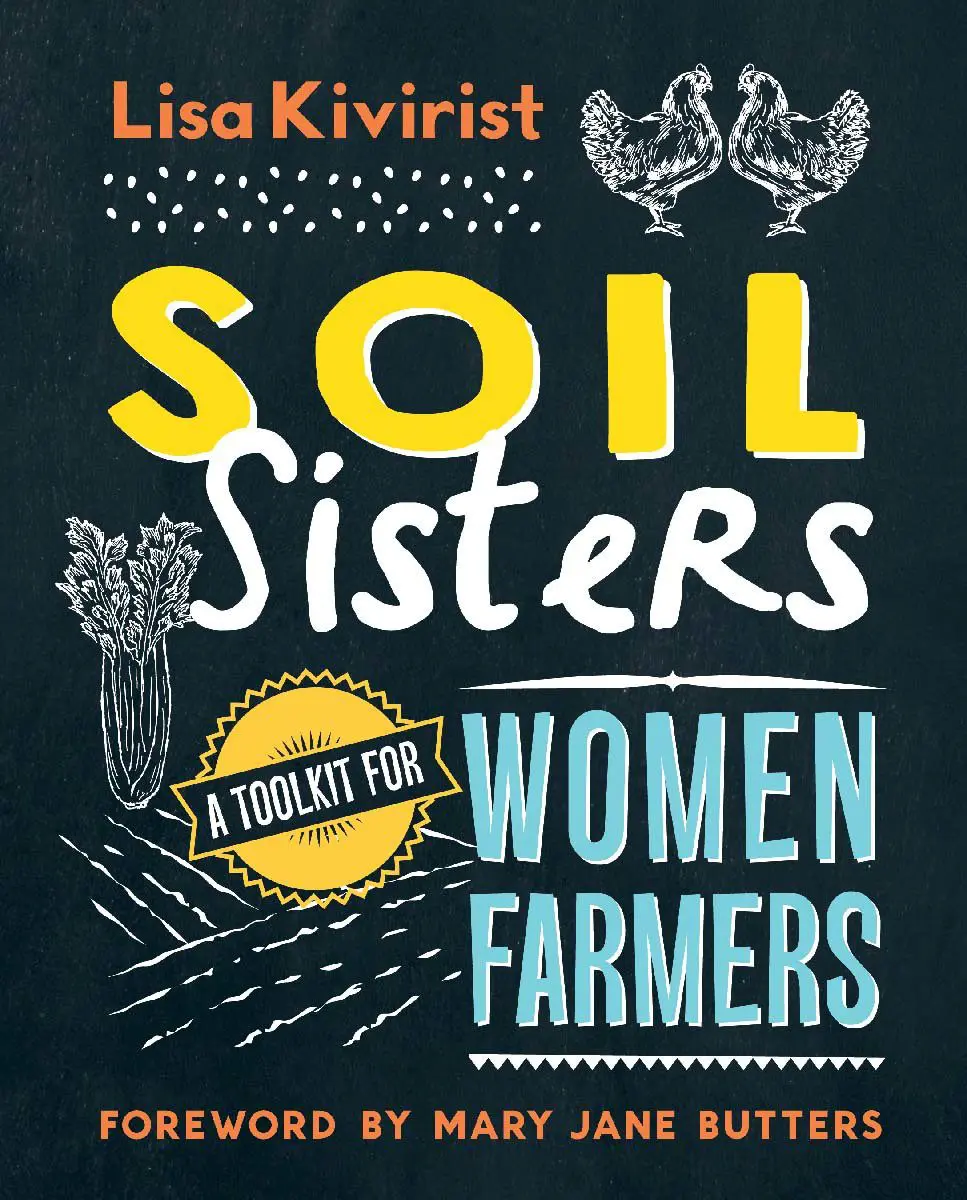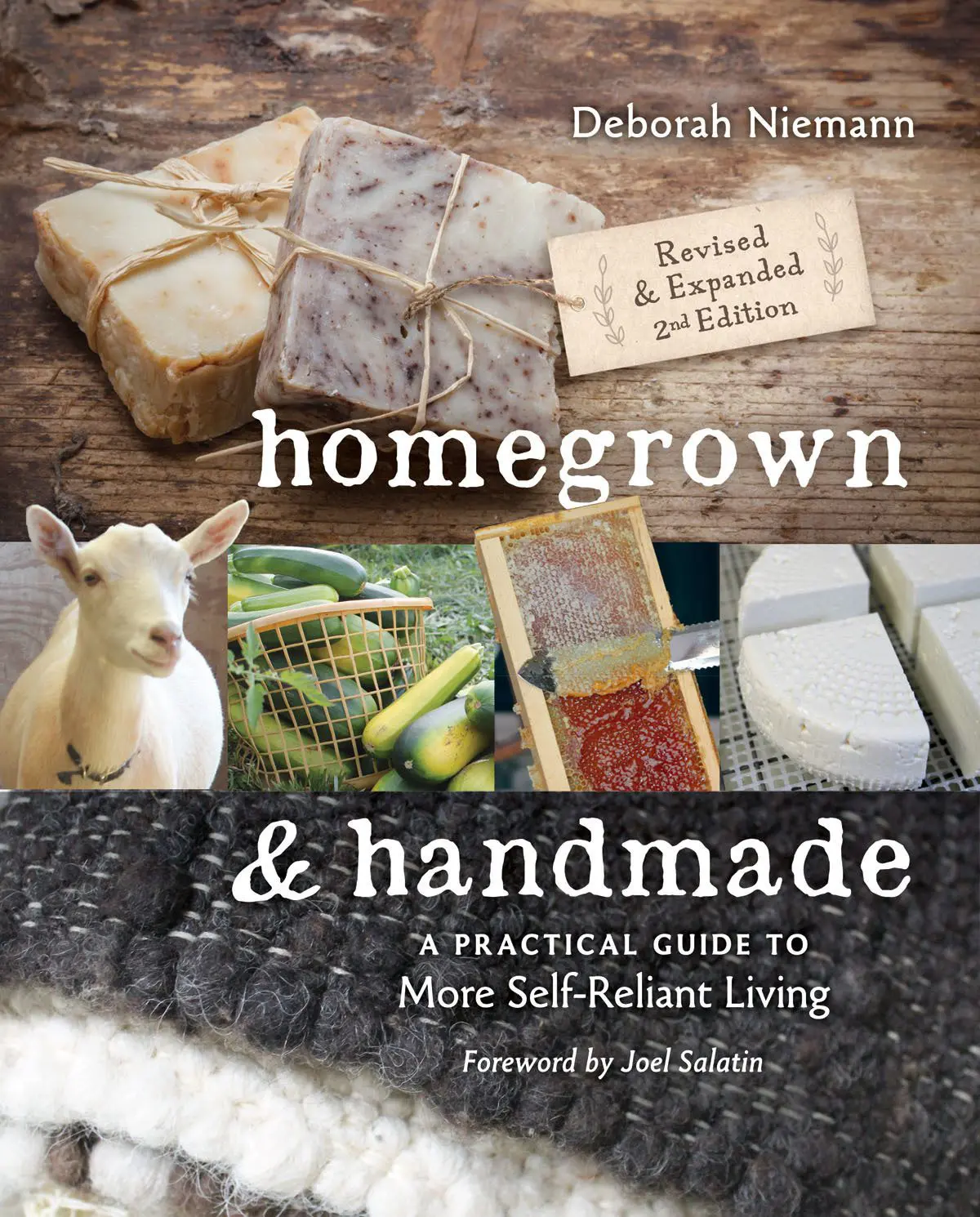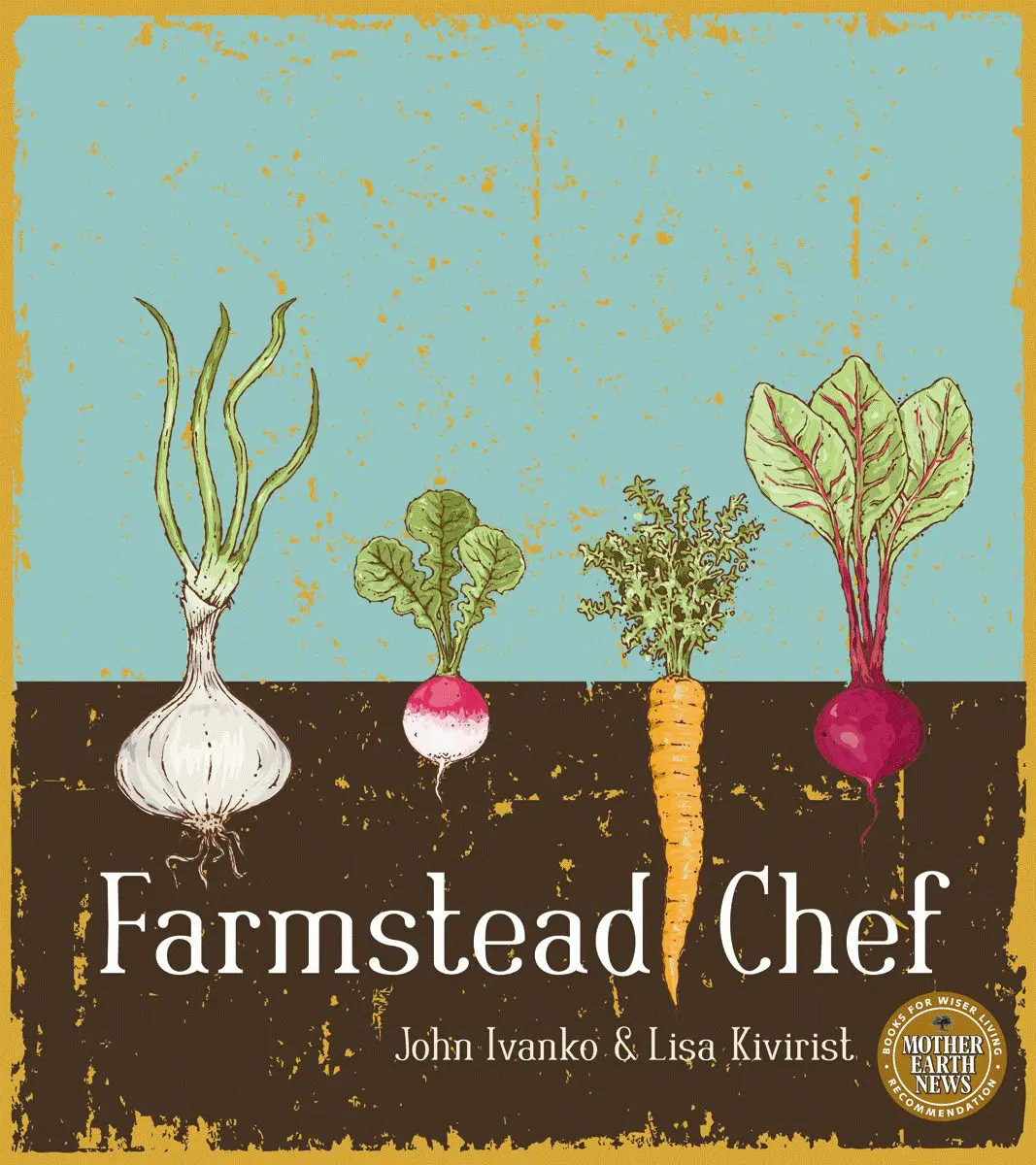
Today’s blog is an Interview with John Ivanko and Lisa Kivirist, authors of Homemade for Sale, Second Edition, featuring a question that was asked by a reader on social media.
What is the first step I need to take to launch my food business?
Understanding your state’s regulations. Cottage food and food freedom laws, by their very nature, are state-specific laws. These laws will usually address what you can sell, how much you can sell, where you can sell and, relatedly, the way in which you’re allowed to sell.
For someone who has been giving away their cookies for free for years, how can they get people to now pay for them?
Family and friends can be your best customers. Take yourself seriously as a food entrepreneur, and make sure to remind any of your customers that with every order you take they’re helping a small, local businessperson succeed.

Is the cottage food movement growing right now?
Yes! The influence of pandemic, wanting to work from home, and an increasing interest in local products amongst shoppers have all contributed to the growth of the cottage food and food freedom movement.
For those feeling overwhelmed by all the details of a business start-up, what advice do you give?
Start small. Remember you control your business. Create a simple website or a Facebook business page or try out a farmers market near where you live to trial your products with customers, test your price points, and so forth. You can always expand, diversify into other product items, etc. once you are up and running. Remember, you can’t fail with your business in the traditional sense because you have little to no overhead, since you’re working out of your home kitchen with the pots and pans you already own. The key thing to remember is that cultivating a customer following is essential to your success, which means you’ll need to make delicious food products they want — and will pay for — to make it worthwhile and profitable for you.

So much has changed and expanded since the first edition of Homemade for Sale in 2015. Where do you see the movement going next?
Continued growth. There is so much opportunity around cottage food and food freedom laws allowing more products to be sold. But we as a community of food entrepreneurs need to advocate for these changes and take advantage of the laws that exist for us and our businesses. Perhaps in the not-so-distant future, people will be allowed to operate a restaurant out of their home kitchen (of course, with some regulatory oversight for health and safety concerns). Many states already have a Micro-enterprise Home Kitchen Operation (MHKO) law, which allows food entrepreneurs who live in those states (and in some cases certain counties) to do exactly that.
Winning Giveaway Question
Would this book be suitable for youth who want to start a market business?
The second edition of Homemade for Sale was written for anyone interested in launching a food business from their home kitchen. We’ve tried to simplify marketing and business concepts as much as possible to be as accessible to as wide an audience as possible — including young people. We have lots of case examples and we minimize the jargon often found in professor-written college textbooks. In fact, there are many teens who have embarked on very successful home-based food enterprises, often with a parent, but sometimes as a sole proprietor.









